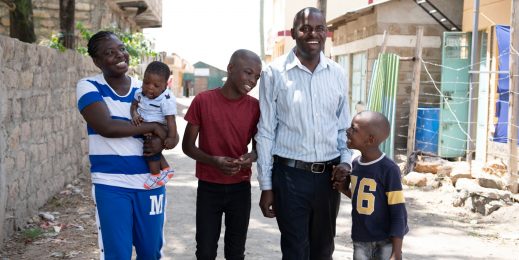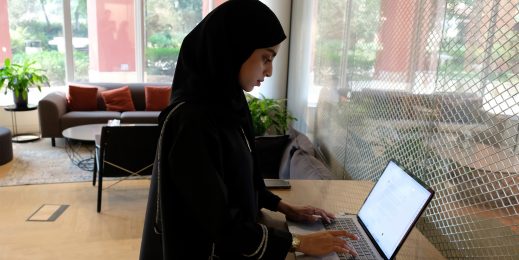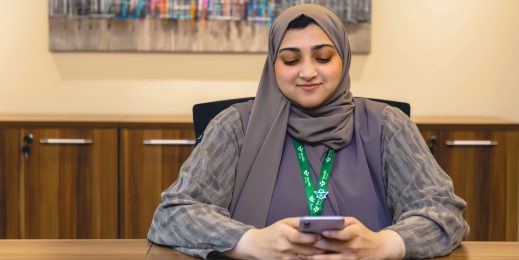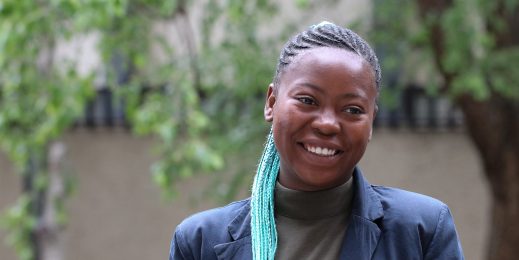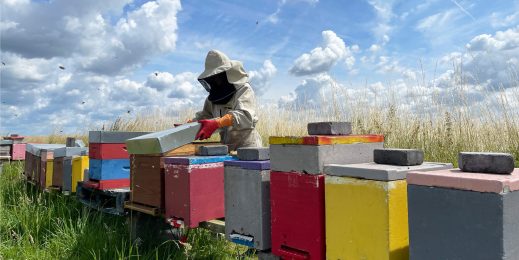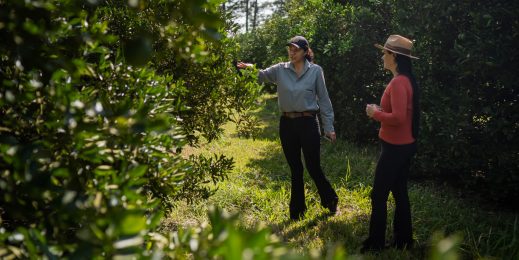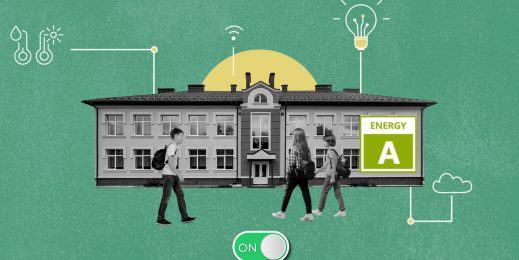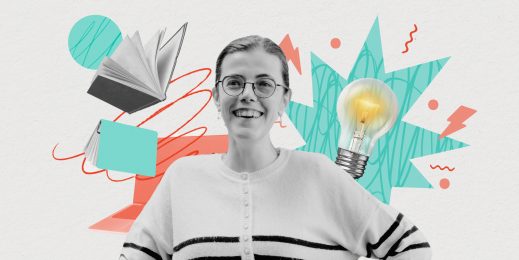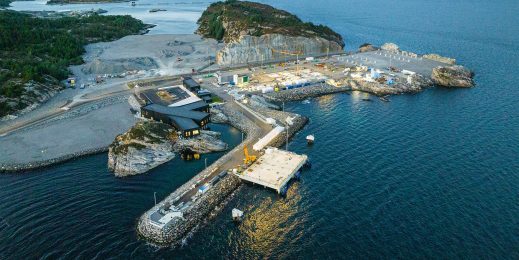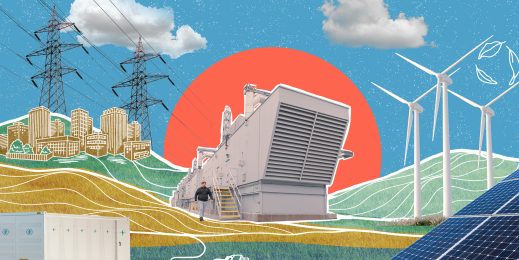
Building the future, block by block
How Minecraft is helping today’s children prepare for the world of tomorrow
If you asked someone 15 years ago to describe the role of a social media manager, you’d be met with a blank stare. Technology has not only progressed existing jobs, but it’s also created entirely new fields, and will continue to do so.
Students today face a future workforce unlike that of any previous generation, with many set to have jobs that have yet to exist. In a world economy where jobs will be redefined by technology, it’s vital for today’s younger generation to be prepared with the appropriate skills for tomorrow’s world.
By 2020, 90 percent of jobs will require digital skills. For many, learning specific skills or trade professions will not be enough to sustain the future economy.
In some parts of the world however, opportunities and resources to help prepare children with the necessary skills can be scarce. Romania, for example, has some of the lowest digital skills performance stats in Europe – but there is a movement to help stem the tide.
Petrosani, a city in Romania, has been associated with coal mining since the 19th century. Between 1999-2018 however, most of the mines shut down, with most people leaving the city to find new jobs.
Against the odds, a school in a socio-economically deprived area recognised the urgency for change, and the importance of preparing students with the skills needed to achieve future success.
If you know how to open their mind, you can get some great results
Two teachers from Mihai Eminescu College worked with Microsoft to deliver Minecraft for Education after-school classes, opening up a whole new world of learning for students, while encouraging them to embrace technology. A team of students from the class also went on to enter the first National Minecraft for Education Championship.
Minecraft has been used by educators across the world to help students embrace computer science and coding, while sparking a passion for all manner of other subjects too, thanks to the creative freedom and motivation it provides students, combined with a robust curriculum.
“If you know how to open their mind, you can get some great results, even with students with lower performance at school,” says Rolland Szedlacsek, System Engineer and ICT Mentor at the school.
Teaching the teachers
Microsoft Philanthropies partnered with Romania’s Education for an Open Society (EOS) Foundation to support the training of more than 3,500 teachers to help enable them to teach computer science in schools.
This partnership developed into a project called Informatica 365, which supports the Ministry of Education’s initiative to introduce children to computer science earlier in their curriculum. The program helps teachers with access to tools, knowledge and educational resources, to help teachers gain the certificates necessary to allow them to pass their knowledge on to their students.
Tomorrow’s opportunities, though different, are full of excitement, promise, and hope. For those who are ready, there will be no limits.






